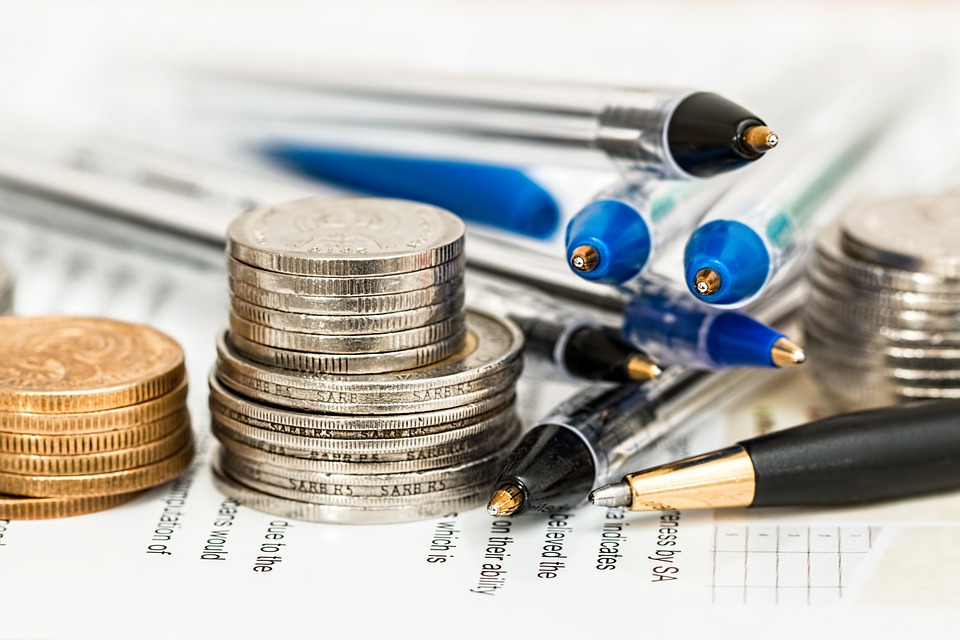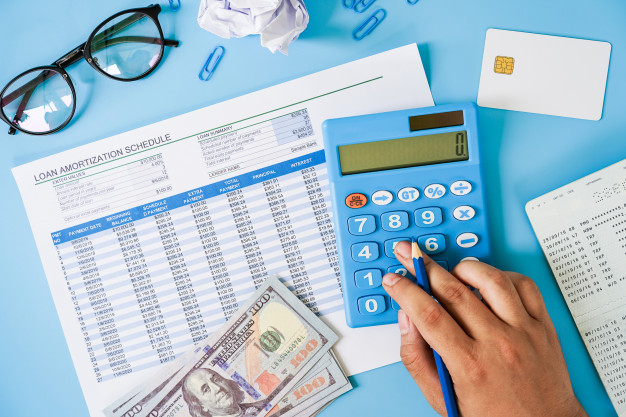Do you feel like debt is slowly ruining your life? If so, you should know you’re not alone.
Although the road to getting out of debt is a long one, it’s not impossible to do so. We’ve put together a list of 8 tips for you to get started and live a debt-free life.
Let’s get started.
1. Find Out How Much You Owe :
This is a step that you probably have avoided for some time because you fear to know the number. But if you are serious about getting out of debt, you must know exactly what you owe.
Start by making a spreadsheet listing every single debt you have. It might also be helpful to specify if those debts are outstanding, so you know which ones need attention.
Once you know exactly what you owe, you’ll be able to see the bigger picture and not be blindsided by unknown debts.
The spreadsheet will help you keep track of your progress, and you will feel more motivated watching the numbers go down.
2. Stop Adding More Debt :
This might sound like an obvious step, but if you’re trying to get out of debt, you shouldn’t create new ones.
While it might be difficult to avoid temptation, you must do so in order to pay off your debts. If you pay off your debts, only to use them again, you will never finish.
Start paying for large purchases using cash, and not buy anything you cannot afford. This will keep you on track to paying off your debts faster.
If having your credit cards around is too much temptation, try cutting them up or freezing them. That way you won’t feel tempted to walk into a department store when you see a sale.
3. Try to Negotiate Lower Interests Rates :
It’s no secret credit cards come with really high interests rates, which makes it so difficult for people to pay them off.
If you signed up to enjoy the introductory 0% APR and now you have to pay more interest than you can handle, it’s time to renegotiate.
It’s possible to talk to your credit card company and try to negotiate a lower interest rate.
You can start by calling and simply asking them to lower your interest rates. But before you call, you might want to have a strategy.
Begin by calling your oldest credit card and using your loyalty to open up negotiations. Being a loyal card member might provide you with some extra benefits.
Don’t forget to always be polite.
4. Find Ways to Make More Money :
We understand it might be difficult to pay off your debts when you’re living paycheck to paycheck. In fact, this might be one of the reasons why you got into debt in the first place.
In order to help speed up the process, it might be a good idea to start making more money. Try to get creative and find ways to earn more cash.
Why not get a part-time job, talk to your boss about getting a raise, or find a side hustle. Then you can put that extra money into paying off your debt.
5. Focus on Building an Emergency Fund :
You might want to put all of your efforts into paying all your debt, but it’s also important to have a little saved up for a rainy day.
Even though you need to pay off your debt, you also need to build your emergency fund, both are just as important. The reason is if an unexpected expense comes up, you will have enough saved up to cover it without needing to use your credit cards.
Having money saved up will help with the process along so you stay on track.
6. Sell Items You Don’t Need :
If you want to look for other ways to make a dent in your debt, then look around your house. Sometimes we accumulate things of value without even knowing it.
You might be able to get some extra cash by selling items you have laying around the house. You might be able to sell old broken gold jewelry and get some money out of it.
You might also be able to also sell electronics, art, and furniture. There are many ways to sell your old stuff. You can have a garage sale, post on Craig’s list, or even sell on eBay.
7. Create a Budget and Stick With It :
If you want to have enough money to pay your bills and pay off your debt, you should make a budget.
Creating a budget will help you allocate where all of your money goes, so you don’t have to wonder where your money goes each month.
If you stick to your budget, you’d be surprised how much you could have leftover at the end of the month. Any money left over will be used to put towards your debt.
Having a budget will also be good practice for life after all your debts are paid off. Sticking to a budget will secure your financial future.
8. Decide which Debts to Start Paying First :
Even if you want to pay off your debt, you might not know where to start. This could be a confusing process for many people.
If you have student loans, car loans, mortgages, and credit card debt, you might want to start tackling your credit card debt. Credit cards have the highest interest rates out of all your other lenders.
Once you’re done paying off your credit cards, you can put that money towards paying off your other debts.
You can start paying off the credit card with the highest interest rate and highest balance. Once you do, you can move on to the next.
If you want to learn more about which debt to prioritize, request more info here.
Getting out of Debt is Possible :
Getting out of debt might seem like an impossible thing to do. However, it’s not as difficult as you think. Get started by making a list of all your debts, create a budget, and even try to find ways to make more money.
If you want to learn more finance tips, visit our blog.
Read Also :






















